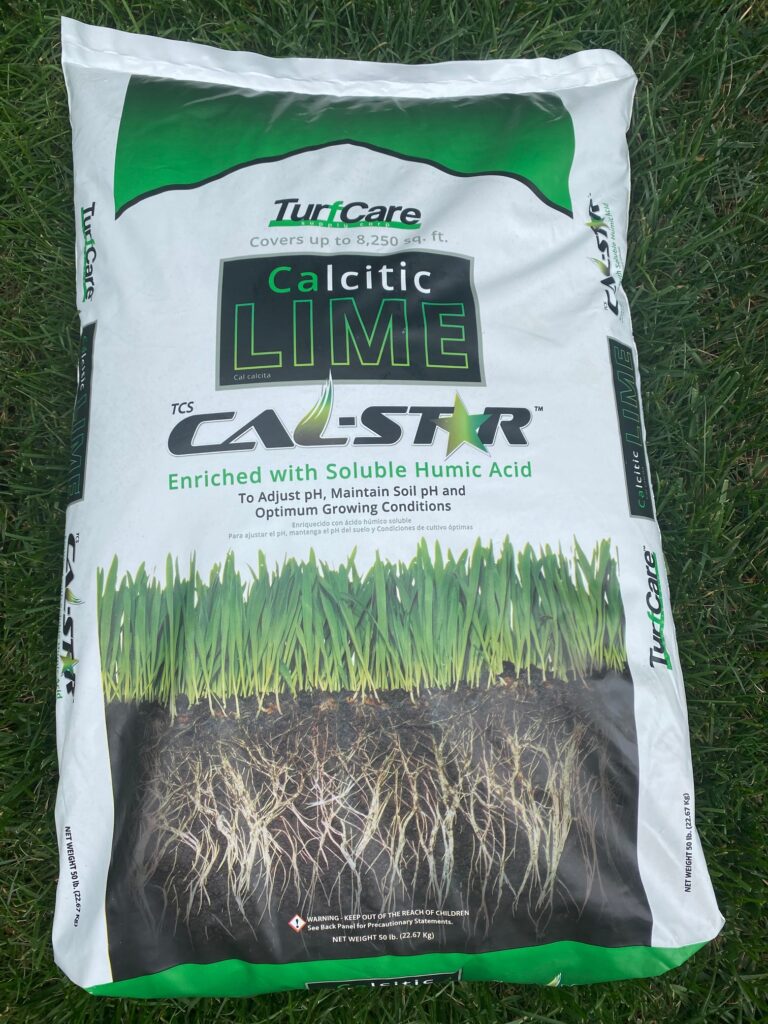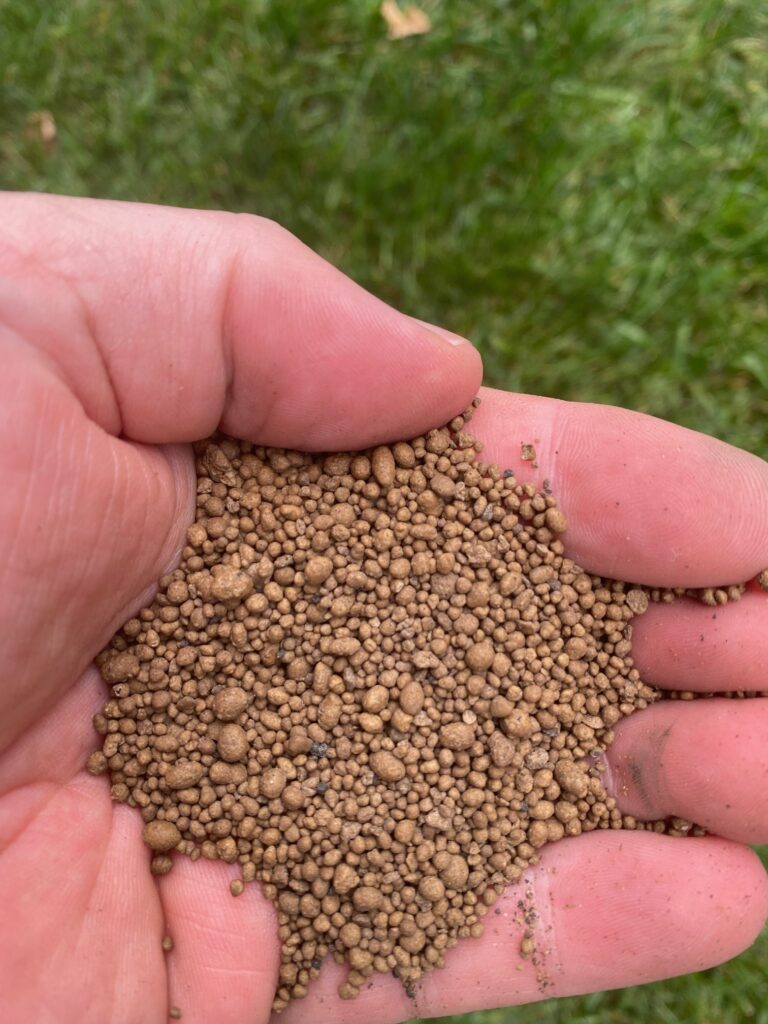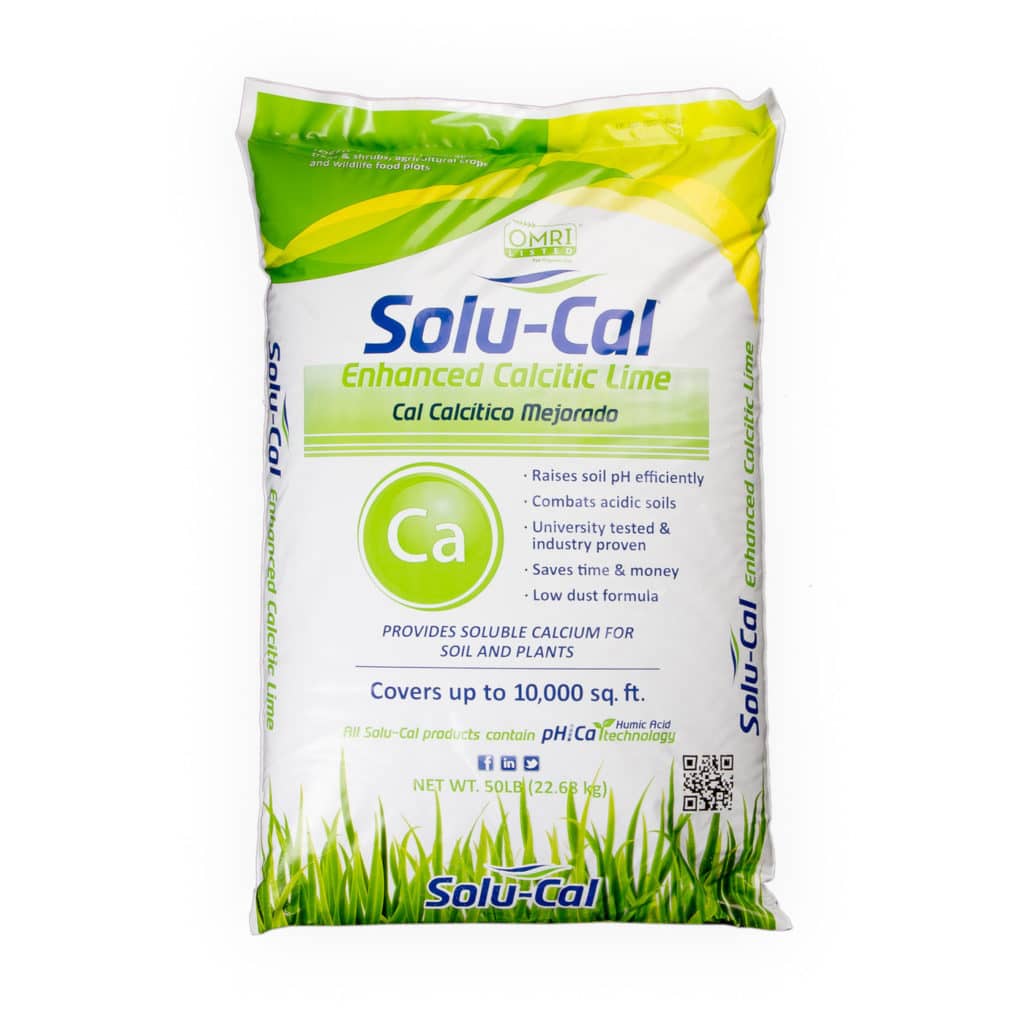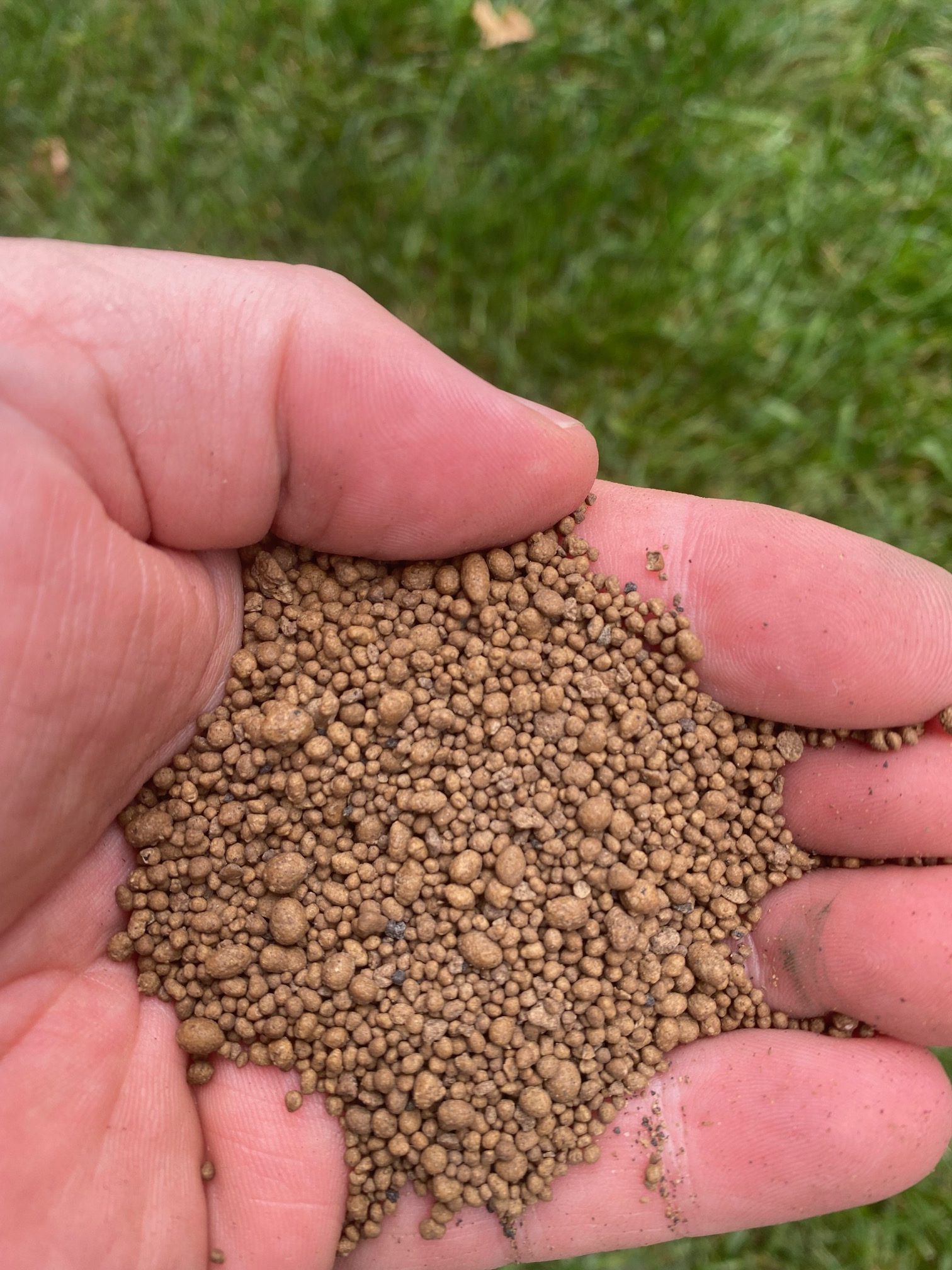Gardeners and farmers alike have long used lime to improve the fertility of their soil. An alkaline material, lime reduces the pH of acidic soils, to ensure that lawns, plants, and crops grow better. There are two basic categories of lime: calcitic lime and dolomite lime. Both are important soil amendments, but which one is better for your lawn? We’ll explore the topic here.
Table of Contents
What Is the Difference Between Calcitic Lime and Dolomite Lime?
In order to choose between these two types of lime, it’s crucial to consider your soil and plant needs. Calcitic lime, made from calcium carbonate, is ideal for improving plant growth and breaking up clay soils. Dolomite lime, made from magnesium carbonate, is a better option if your lawn is magnesium deficient or if you need to improve soil drainage and guard against erosion.
Calcitic Lime
Calcitic lime is a useful soil amendment if you have acidic soil. To determine soil acidity, you’ll need to conduct a soil test. While both calcium carbonate and magnesium carbonate can help you reduce soil acidity, calcium carbonate–or calcitic lime–tends to dissolve faster. However, it contains barely no magnesium, so if your lawn has a magnesium deficiency, this option might not be the better choice.
Calcitic Lime Uses
Calcitic lime not only helps reduce soil acidity and balance soil pH, but it can also neutralize potentially toxic materials in the soil. It is known to stimulate healthful microbes that are beneficial to soil and plants and can help alleviate soil compaction. If you have heavy clay soil, for instance, then you might want to opt for calcitic lime.
Dolomite Lime
Dolomite lime will add both calcium and magnesium to your soil. Like calcium carbonate, magnesium carbonate will reduce soil acidity levels. This form of limestone dissolves more slowly than calcium carbonate.
Dolomite Lime Uses
There are a couple of reasons to choose dolomite limestone. If you have magnesium-deficient soil, dolomite lime is the ideal choice. This form of limestone can improve the quality of the soil, increase lawn or plant growth, and it can also prevent water runoff, making it a good choice in soils where erosion is a concern. If you have sandy soil, this is a good choice because it will help the soil retain moisture.
Our favorite options for lime are:
- Cal Flo Liquid Limestone – contains a variety of calcium sources
- Pennington Fast Acting – readily available in big box stores
- CalStar – also contains humic acid
When to Use Calcitic or Dolomitic Lime
Although dolomitic and calcitic limestone will both reduce the acidity of your soil, one is usually better than the other depending on your soil needs. The primary difference is that dolomitic lime contains magnesium and calcitic lime does not. Use calcitic lime if your soil does not have a magnesium deficiency and if you need to alleviate soil compaction. Choose dolomitic lime if you want to reduce erosion and correct a magnesium deficiency. Both can stimulate lawn or crop growth.
How Do Lime and Gypsum Differ?
Lime and gypsum differ in two ways. First gypsum contains sulfate, so it will add calcium and sulfate to the soil. Secondly, the addition of these two minerals will not impact the soil pH. Lime, on the other hand, adds calcium (and magnesium if using dolomitic) to the soil and will impact the soil pH.



What Are the Impacts of the Particle Size of Limestone?
Particle size of calcitic and dolomitic lime matter. Essentially, when it comes to agricultural lime, the smaller the particle, the more quickly it will dissolve to reduce soil pH. Larger articles of limestone take longer to dissolve in the soil. Depending on other variables such as water availability, they might not have the positive impact on soil levels that gardeners expect. If you need to correct soil pH, be sure to choose a smaller lime particle size.
Lime FAQs
Is calcitic lime the same as dolomite lime?
No. Although both are agricultural lime and used both commercially and residentially, calcitic lime is made from calcium carbonate. Dolomitic lime is made from magnesium carbonate.
Should I use calcitic lime or dolomite lime?
If your soil is magnesium deficient, use dolomitic lime. If you have soil compaction, opt for calcitic lime. Dolomitic lime is also the better option to reduce erosion. Keep in mind that dolomitic lime has a tendency toward soil compaction, so if that’s a concern, you may wish to choose calcium carbonate.
What is calcitic lime used for?
Use calcitic limestone to improve soil pH and reduce soil compaction.

